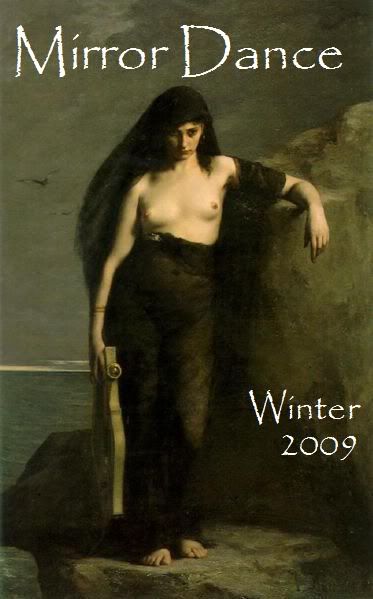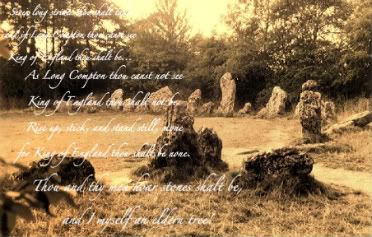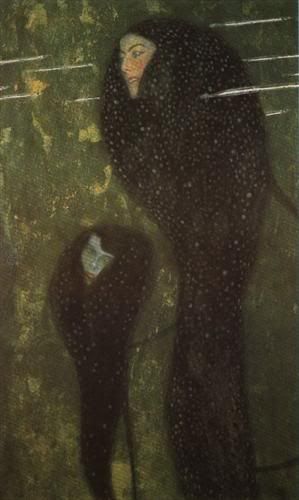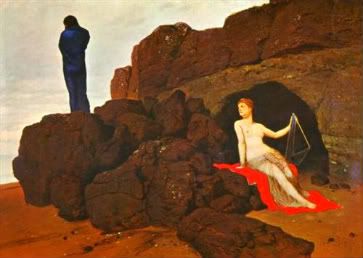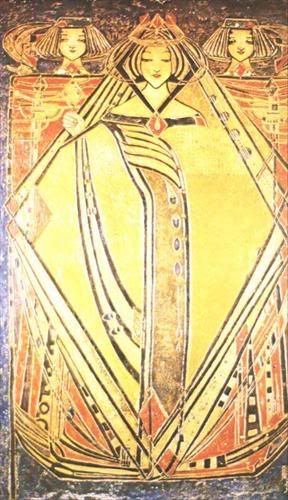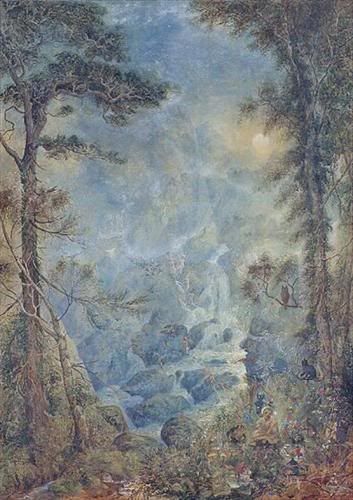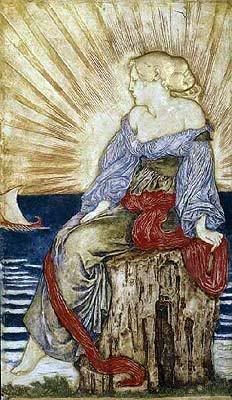The Price
by Damon Lord
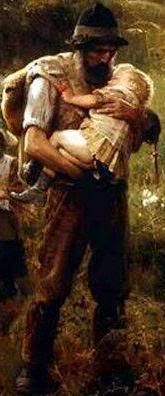
“You two: go. You know what to do.” I gestured to the two soldiers, and they quietly slunk off towards the cottage. My orders were to negotiate reasonably first, but they were backup. I entered the blacksmith’s workshop.
“I have a commission for you. From the King himself,” I said, striding forward.
The blacksmith turned around. He was hammering away, leaning over his anvil, working a piece of metal into a rough curve. “I don’t do that sort of work anymore,” he said. He turned from me, and continued working.
“Why?”
“It costs too much,” he mumbled.
“We have gold. Money.”
“I have no interest in that.”
“Land.”
“No.”
“Women,” I said. “I know your wife is dead. Delicious slave girls from the northern edges of the Empire, breasts the size of august ragberries, sweet as honey, and pussies as tight as cone-flies’ arses.” That would easily buy the services of most men.
He continued to ignore me.
“Boys?” I asked. What was his price?
He flung the horseshoe into a barrel of water, and turned to me. At last, I could see his full frame. He was broad shouldered, filled with muscles and blanketed in sweat. He towered over me, casting me in shadow from the forge fire.
“No. It costs too much.” He spoke with thunder, and welded his hammer in his hand. “I’m a family man now. I don’t work like that. Now go.
“Name your price.” This was going to be difficult. I was under orders, from the King himself. If I didn’t come back with the goods, it was my life on the line.
“I cannot be bought.” He raised his hammer up, and brought it down heavily into the palm of his hand. He didn’t even flinch.
I blinked. There was one more thing to try, before it became drastic. “Look, let me reason with you. You know what the King is like. He’s sent me here for to make him a sword imbued with an invulnerability charm. You’re renowned for it, and if you don’t make it, my family’s life will be on the line.”
Outside, I heard a low whistle. The soldiers were ready. The blacksmith raised himself up to tower above me. He flung his hammer across the workshop. I heard something break. “What do I care? What of my family? It costs them too much!”
“How much are your family worth to you?” I said.
“More than anything. I’d do anything for them. But not that.”
“I was hoping you’d say that,” I said. Now it was turn. I whistled long and hard, and the two soldiers stormed in, pulling the blacksmith’s daughter in with them. They held her hard, and she struggled, but was weak against the soldiers.
“Nu’er,” the blacksmith sobbed at last. That must be her name, I thought.
“We have a deal then,” I said. I had broken him, and my family was safe. “Your daughter’s life in return for a sword. And to show I’ll keep my side of the bargain, I’ll still reward you with gold.”
“You still don’t know what you ask of me.”
“A sword. A charm. It can’t be that difficult?” I said.
He looked again with mournful longing at his daughter, then strode over to the window. “Look,” he said, and beckoned me over to see. Outside, in the distance was a small graveyard. “My other children. You have the last of my family, my beloved Nu’er.”
“Plague?” I asked.
“No,” he said. “I killed them, making my previous charmed swords. That’s why I don’t make them anymore.”
“You mean -”
“For the making to work, it requires the magical harming of an innocent, someone beloved. Beloved to me. She’s all I’ve got left.”
I looked down at the ground, then back the child. She was small, wide-eyed, a tear forming in her left eye. For a moment, I saw my own beloved daughter there. I could not let it happen to
my family, though.
I breathed out long and hard, then spoke. “Can it be done without killing her? Will she survive?”
The blacksmith sighed. “Yes.”
“Then do it.” I stepped back away from the child, but the blacksmith grabbed me by the shoulder. Before anyone could react, he shoved me towards my soldiers and the girl.
“No, you don’t. You will hold my daughter, look her in the eyes, so she will remember your face, and know it when she comes to judge you.”
At the anvil, he raised his hammer to deliver the first blow to the steel, as the child’s skin began to glow. As he struck, the first blood welled out and the girl screamed.
* * * Damon Lord writes dark and speculative fiction. He lives in the West Midlands of England, exiled from his native Wales for the inexcusable shame of not being interested in the national sport of rugby. When not found scribbling down his shadowy and fantastic thoughts, he can be found learning obscure languages, and may even occasionally be observed holding down a day job. His writing website can be found at http://www.damonlord.info
What advice do you have for other fantasy writers? Write something every day. Set goals, and try to send something out regularly. Most importantly believe in the magic of your work.
